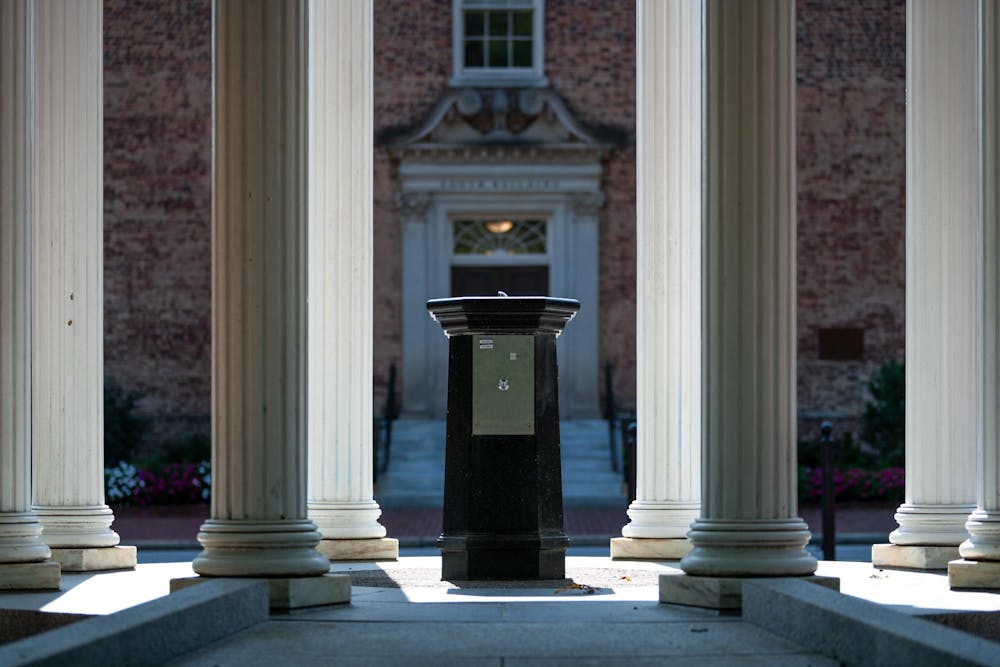After over 100 years of student leadership, the University announced last week that UNC's Honor System plans to become professional staff-led.
UNC is one of only two U.S. universities — alongside Washington and Lee University — to use a student-led Honor System. UNC will switch leadership systems beginning Aug. 12, excluding cases that are not resolved before that date, which will be continued with the current system.
A July 17 email from Provost Chris Clemens and Vice Chancellor for Student Affairs Amy Johnson stated that there have been concerns and conversations in recent years surrounding student adjudicator workloads, the timeframe of cases and an increasingly complex legal landscape for students.
The email stated that the new model would include University staff guiding hearings and related processes to ensure consistency across cases and to reduce the burden on student adjudicators. An advisory board — made up of students, faculty and staff — would meet to provide ongoing counsel and feedback to Student Affairs and Student Conduct teams.
"Hearing boards are considered a best practice and are among the most common student conduct models across the country," Beth Keith — associate vice chancellor of the Office of University Communications — wrote in an email to The Daily Tar Heel. "Students will continue to play active roles in the new process and on an advisory committee inclusive of students will continue to inform policies and procedures."
Leaders from across the University’s Honor System — consisting of the undergraduate attorney general, undergraduate Honor Court chair, graduate attorney general, graduate Honor Court chair and Honor System outreach coordinator — released a statement to address the changes, saying that they wanted to ensure transparency with the UNC community.
The statement said that the Honor System was notified less than 24 hours before the July 17 campus-wide email.
Student Body President Jaleah Taylor said that she was “really caught off guard” by the changes, saying that she only found out two days before the announcement was made.
“I think it's really disheartening that the University had been working on this for over a whole year and they didn't include student voices in Student Conduct processes," Taylor said. "I think it really just takes away from the legacy that UNC has built."




